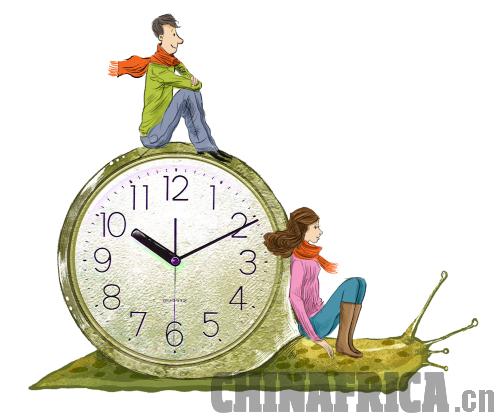|
 |
|
CFP |
Life was almost all work and no play for Shi Ming, a 40-something worker at a research institute in Beijing, before a heart attack two years ago.
As a researcher, he did not just read and write reports in the office, conduct on-site studies, attend academic meetings and tutor graduate students, but also traveled around negotiating projects and signing contracts.
The days used to be slow in the government-funded research institute where Shi works. Back then, researchers' income was low and not pegged to their performance. They did what was assigned to them, and then enjoyed life. Some of Shi's colleagues often gathered to play poker during the lunch break and in late afternoon.
The reform of S&T management system started in the 1980s changed the method of funding research institutes. Researchers doing applied research were encouraged to serve market needs, whereas those doing basic research were to compete for grants from a state foundation. Individual researchers earning more grants and contracts would make more money.
Since then, noisy poker games have disappeared from office buildings. Many researchers work extra hours on evenings and weekends.
Shi didn't want to lag behind others either in terms of achievements or income, and put his heart and mind to work. He left his daughter completely in the care of his parents.
Full of drive, Shi made his way up from average engineer to associate professor and professor in several years, and became the head of a research department. He bought a car and house and sent his daughter to one of Beijing's best schools.
But, a massive heart attack almost killed him in 2009. Doctors told Shi he must slow down to recover and maintain his health.
Now, Shi takes walks in the morning, and often drives to the suburbs to spend the weekend with his family.
|